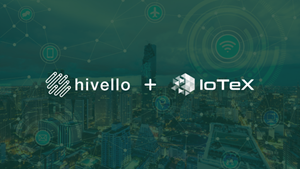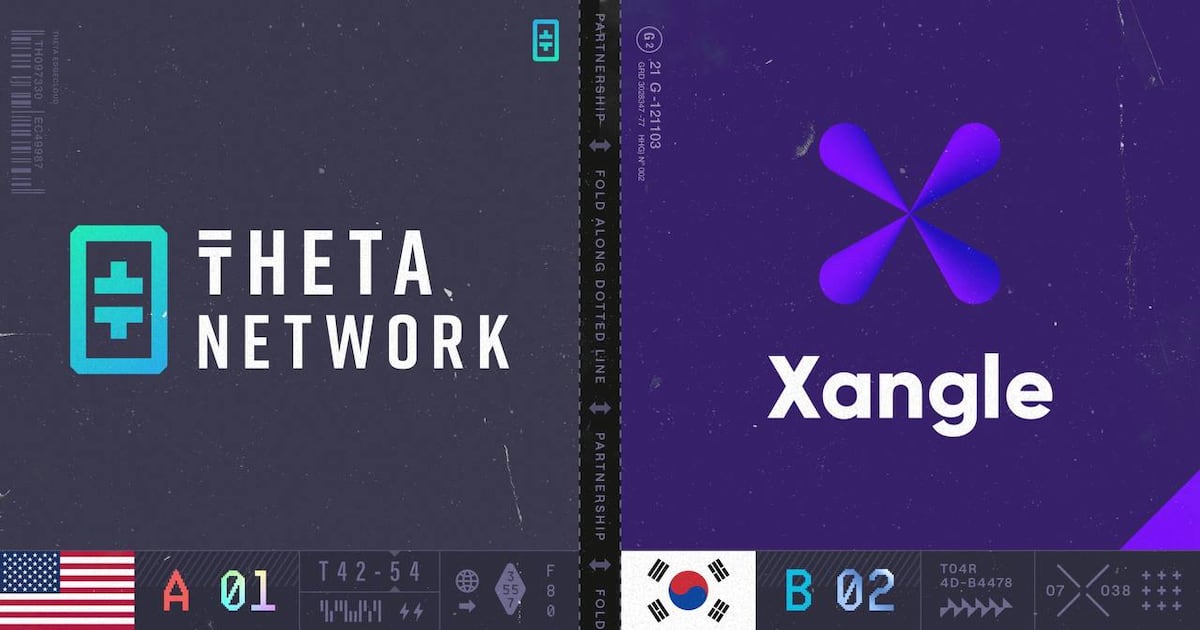Coinbase to List Bittensor's TAO Token Amid Liquidity Challenges

Coinbase has announced its plans to list Bittensor’s TAO token, with trading expected to commence on February 20, 2025, contingent upon meeting certain liquidity conditions. Bittensor operates as a decentralized AI network that incentivizes nodes for their contributions to AI model development. The announcement was made via Coinbase’s official assets account, emphasizing the importance of adhering to the correct network for transfers to avoid potential loss of funds.
The rollout of TAO-USD trading will be executed in phases, initially imposing restrictions on trading volume and regional availability. Full trading access will only be granted once adequate liquidity is achieved, and some jurisdictions may still face trading limitations. This strategic approach aims to ensure a stable trading environment for the new asset, which has already shown promising performance in the market, with a 13.1% increase in price over the last 24 hours, positioning it as the fourth-best performer among the top 100 cryptocurrencies by market capitalization.
As Bittensor continues to develop its decentralized network, the TAO token plays a crucial role in rewarding participants who contribute to the platform’s architecture. The growing interest in Bittensor and its innovative approach to AI model development reflects a broader trend within the blockchain space, where decentralized solutions are increasingly being recognized for their potential to disrupt traditional systems. Investors and traders alike will be closely monitoring the liquidity conditions leading up to the trading launch, as these factors will significantly influence the token’s market performance.
Related News





